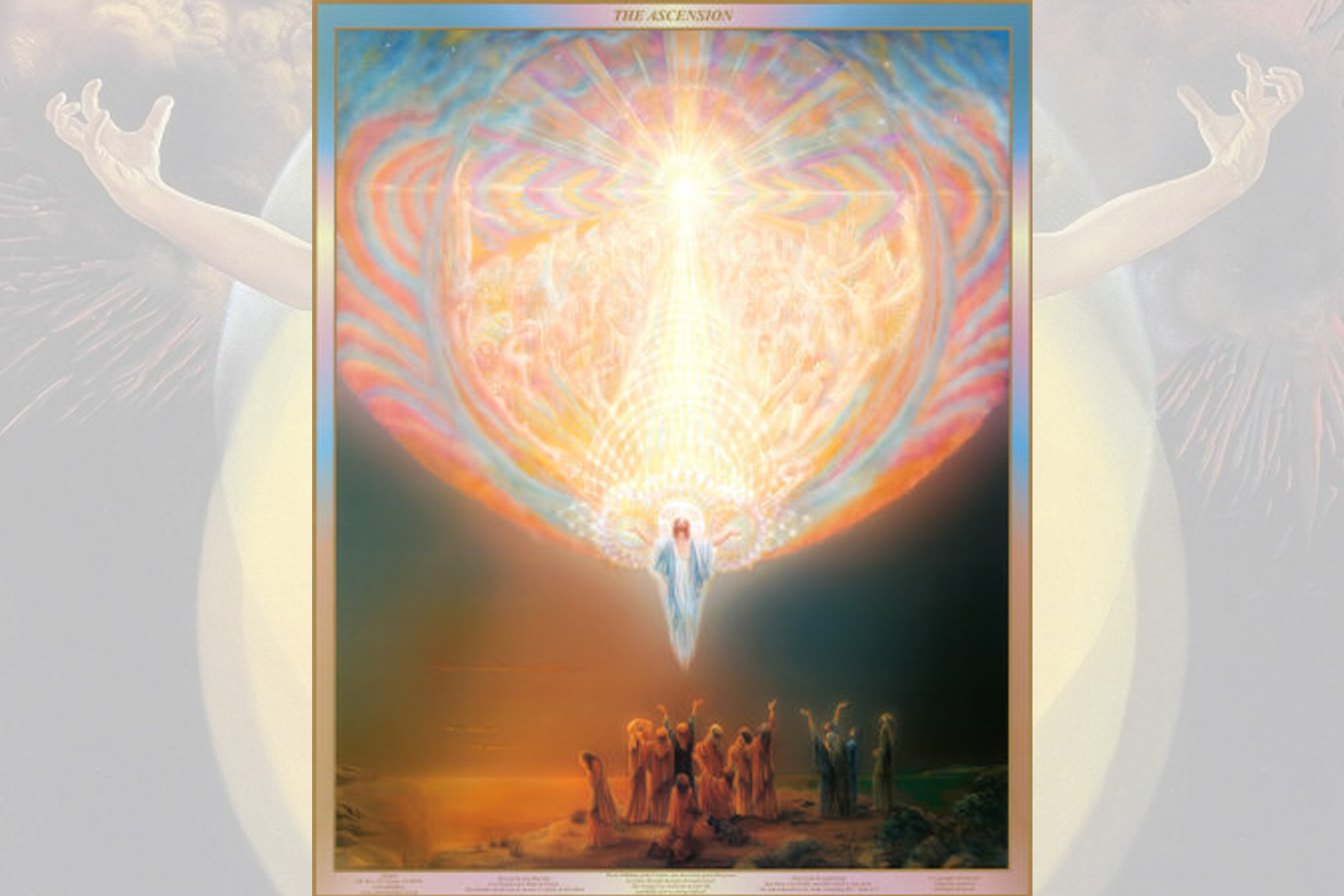Thoughts about staying, waiting, ascending and heaven: themes from Luke 24 and Acts 1
May your heart be an altar, from which the bright flame of unending thanksgiving ascends to heaven. — Mary Euphrasia Pelletier Jesus raised our eyes above and beyond the narrow limits of our … lives, showed us other horizons, gives us a world beyond our ourselves. — Joan Chittister Blue Horses (excerpt) — Mary OliverThis […]


